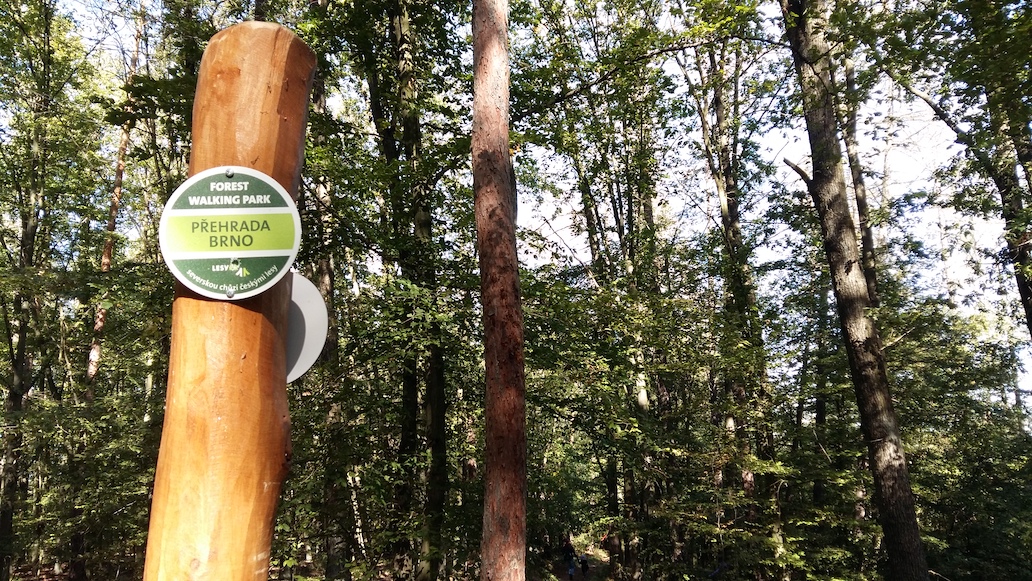The last bell of every day is probably the sweetest sound to the ears of many pupils and for thousands of Czech students next weeks‘ bell will be the one of the most delightful ever as they celebrate the end of high school classes. Photo credit: Pixabay // For illustration purpose only.
Brno, Apr 23 (BD) – While we all expect pupils to blow off steam at the end of their high school education the Czechs have their own special tradition known as poslední zvonění (the last ringing) where they have some fun before their main final exams (Maturita) begin.
From Monday 23rd the city will be inundated with 18 and 19 year olds dressed up in a bewildering array of costumes, some of them playing musical instruments, dancing or performing in some way or another and generally making a lot of noise. What they all have in common is that they will ask you, nicely, for money.
Money? Really?
Just before their exam revision week Czech pupils try to raise money for their end-of-exams party by taking to the streets and collecting from passers-by. In my first year in Brno I was astounded and shocked by this: why should I pay for other people to get drunk? Now I see it as an interesting tradition which encourages the young adults to work together and release some tension at a time which is particularly stressful for them.
I can also remember a colleague of mine suggesting to a group of pupils that they should offer something such as home-baked cakes or arts & crafts however this is expressly forbidden by Czech law unless they have a licence. Perhaps we should admire their endeavours ot take some pity on them and help out.
Support them…
Anna Smyslova and Karolina Rysova, both about to take their final exams, gave me some insight into the level of preparation they put into this one day. The pupils spend a long time trying to agree on their theme as they want to impress and, of course, all have different ideas. Anna furhter commented that this probably only the second time that her whole class has co-operated together and it’s a fantastic experience.
They also prepare a photo board of the whole class and their teachers which, often displayed in local shops, aim to represent their experiences and to make themselves stand out from other schools; all the while doing mock exams and studying. Obviously I cannot divulge the themes what these young ladies and their classmates have chosen but I will make sure I go and see their performances and support them.
Michal Ventruba reminisced about his experience of the last ringing, somewhere around and how one class spent the whole night decorating the school with coloured toilet paper (with permisssion from the headmaster and on the condition they didn’t damage the building).
Although it varies from school to school, most classes will prepare a performance for their school which reflects their experience of their years at high school and will often poke (light-hearted or slightly too close-to-the-bone) fun at the teachers as well as classmates.
It’s only my opinion, but that’s a pretty impressive feat.
But…
I have to admit that I tend to avoid the city centre during this week as, I don‘t know about you, but my salary can’t withstand the sheer numbers of supplicants (although each class only goes out for one day – not the whole week) so perhaps choose who you wish to support based on whichever criteria you choose but be nice to them.
Tradition & Origin?
As far as I, and my research, can gather this tradition is exclusive to the CZ and seems to have begun in 1968-69 during the change in regimes. A friend from that generation spoke enthusiastically of how they enjoyed their poslední zvonění as it was the first and gave them a real sense of independence.
Under the Austro-Hungarian Empire people could not ask for money in the streets regardless of the reason. The Communists continued with this philosopy and the last ringing was only permitted in certain situations (details unknown). Majales, the celebration of youth and free speech which includes Maypoles among other things, has been around a lot longer (possibly dating back to the 16th century) was also suppressed or severely restricted from 1970.
The resurgence of Majales after 1989 and it’s many accomanying traditions (all connected to youth, students, and freedom of speech) can only be a good thing for the country and the people so have a heart next week – enjoy the entertainment and part with a little cash.
Get the news first! Subscribe to our daily newsletter here. Top stories of the day in your mailbox every morning.








